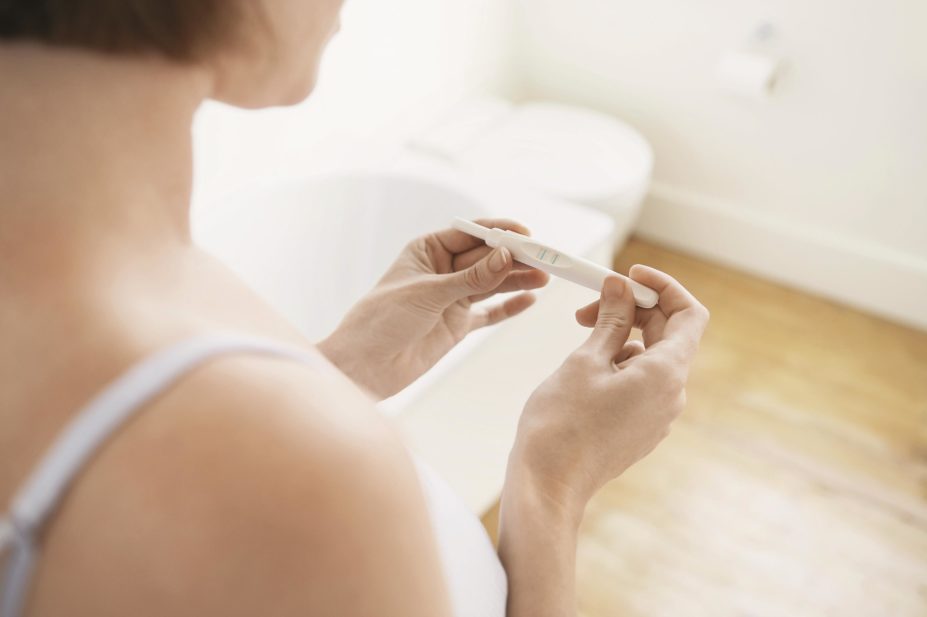
Shutterstock.com
Taking low dose aspirin daily may increase the chance of conception in women with high levels of inflammatory markers, a US study[1]
has found.
Details of the study, which included 1,228 women who had previously experienced a miscarriage, were revealed in a poster at the annual meeting of the American Society for Reproductive Medicine in Baltimore, Maryland, on 21 October 2015.
The researchers assessed the women’s C-reactive protein (CRP) levels, a marker of inflammation, at baseline. The women then took low dose aspirin, equivalent to a quarter of a regular tablet, or placebo daily.
The results showed that for women with high levels of inflammation (CRP levels at baseline > 2.1mg/L) taking an aspirin boosted their chance of pregnancy by 17% (67% vs. 57%; relative risk [RR] 1.19; 95% confidence interval [CI] 1.01–1.41). The likelihood that they would give birth to a healthy baby also rose by 19% (55% vs. 46%; RR 1.21; CI 0.98–1.49). Aspirin did not have the same effect in women with lower CRP levels.
UK experts say that, while the findings are interesting, they must be interpreted cautiously.
“While aspirin may reduce inflammation and have a beneficial effect, one always has to be careful when looking at data from an abstract rather than a fully published, peer-reviewed paper and there may be times when aspirin could be detrimental to fertility,” says Adam Balen, chair of the British Fertility Society.
The researchers from the National Institute of Child Health and Human Development (NICHD) in Rockville, Maryland, and the University of Utah did not explain why the women had increased levels of inflammation, and Balen suggested that it may have been “related to the presence of endometriosis, infection or other undisclosed factors, which may then have a negative impact on fertility”.
Nick Raine-Fenning, a spokesperson for the Royal College of Obstetricians and Gynaecologists (RCOG), says: “Earlier studies have shown that aspirin may reduce the risk of miscarriage in women who had lost a pregnancy before, and that it may benefit patients having IVF treatment and/or those with blood clotting problems known as thrombophilias.”
However, Raine-Fenning, a reader in reproductive medicine and surgery at the University of Nottingham and medical director of Nurture Fertility, East Midlands Fertility Centre, Nottingham, adds: “The evidence is far from clear, however, as other studies have shown no benefit of its use and possibly a higher risk of miscarriage in some women.
“It can also exacerbate asthma in susceptive people and lead to stomach ulcers, and it is important to remember that aspirin is a powerful drug that crosses the placenta into the baby’s bloodstream. As is so often the case, more research is required, but this new study does show that targeted use may be worth considering in some women.”
References
[1] Sjaarda L, Mitchell E, Mumford SL et al. Preconception low dose aspirin treatment improves clinical pregnancy and live birth in women with higher systemic inflammation. P-705. Fertility and Sterility 2015;104(3).


